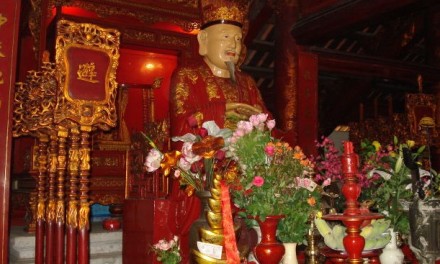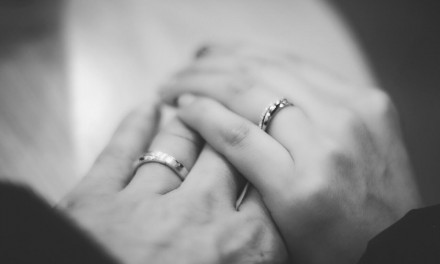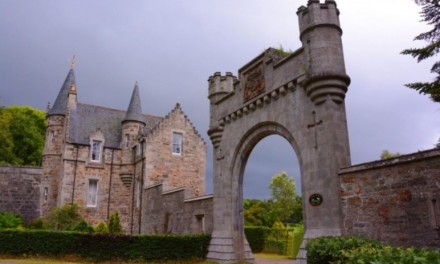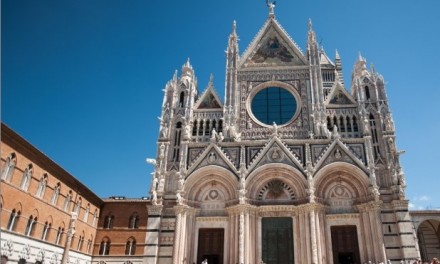Because Africa is such a huge continent containing so many different tribes, peoples and nationalities, it should come as no surprise that it contains a vast array of wedding customs that differ by region, class, tribe, and religion.
There are more than 1,000 different cultures on this vast continent.
Smooth cowrie shells found off the Western coast of Africa were once used as money by some African tribes from that region and are now used in bridal necklaces and to trim and decorate gowns, headpieces, and men’s jackets.
These shells provide purification and symbolize beauty and power.
Braiding one’s hair is commonly practiced all over Africa.
Both men and women have their hair braided on their wedding day.
Traditionally, the braided hair is set with a mixture of ochre and animal fat.
Even today, African-American brides will have their hair braided with hair extensions, though they choose to leave out the clay and animal fat.
South African couples traditionally transport fire from their parents’ homes to light a new fire in their common hearth.
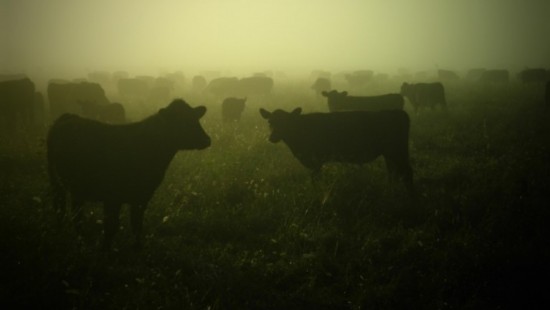
Among cattle-herding tribes like the Masai, the number of cows she is thought to be worth shows a bride’s worth.
In the Sudan region, a new wife may cost as many as 30 or 40 cattle.
It is often difficult to purchase a new bride and still leave a family with enough livestock to make a living.
Somali men can have as many as four wives just as long as he can provide a decent living for all of them.
Incredibly, a Somali girl may be engaged to a man while she is still in the womb!
Because so many Africans were brought to the United States as slaves, it was inevitable that some African customs made their way into African-American culture, especially those related to weddings.
For instance, during the period when slavery existed, slave couples were not allowed to be legally married.
However, the slaves created their own homegrown commitment ceremony that included the custom of jumping over a broom to symbolize their union, often with drums beating in the background.
This indicated the start of their union, and many African-American couples include this age-old rite as part of their modern, westernized wedding ceremonies as a link to the past.
Despite the diversity of cultures, many African weddings boast bright-colored clothing, music, dancing and loud, lengthy celebrations to acclaim the new couple and the union of the two families.

